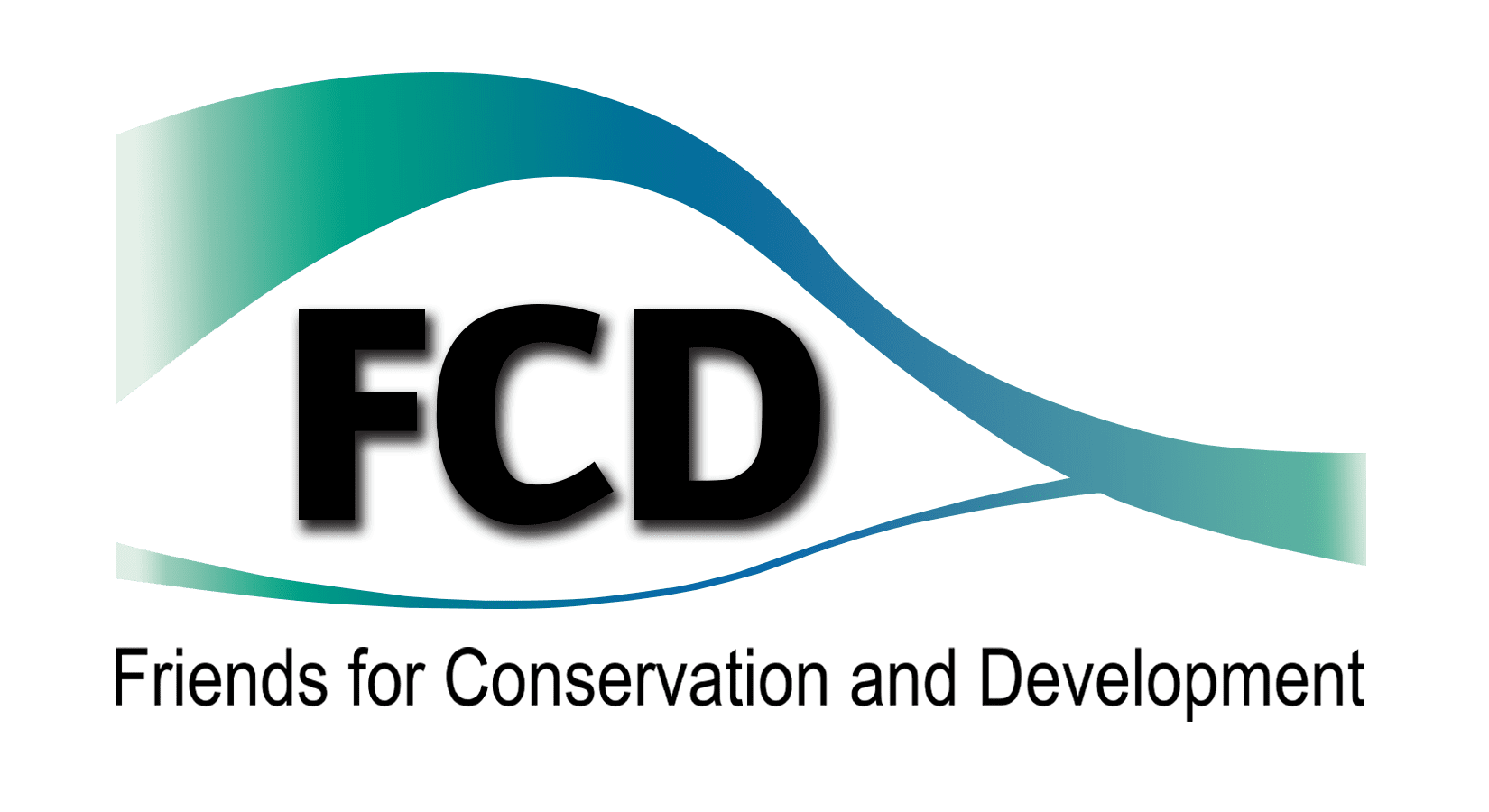INTRODUCTION
Belize has the greatest percentage (62.7%) of forest cover in the Mesoamerican Region (Cherrington et al. 2010); where 36% of its terrestrial component is under some form of legal protection. The Chiquibul Forest (CF) composed of the Chiquibul Forest Reserve, Chiquibul National Park and the Caracol Archeological Reserve is the largest single block of protected forest in Belize and is part of the Chiquibul Maya Mountains Key Biodiversity Area. Like many protected areas within Belize and with no exception to the Mesoamerican Mitigating and Controlling Illegal Logging in the Chiquibul Forest 2 region it is faced with increasing anthropogenic threats which are altering natural processes. Presently illegal logging, mainly by Guatemalans, is considered as the most important source of stress for biodiversity conservation. Presently there are no human settlements within the CF but along the 54 km international border shared with Guatemala there are about 68 Guatemalan settlements, mostly poor and highly dependent on the immediate forests of the Chiquibul. Satellite imagery clearly shows a high degree of deforestation in Guatemalan territory, unlike Belize (Bridgewater et al. 2006). This adds pressure to the forest resources of the CF.
Illegal logging has become an issue of global concern, causing governmental revenue loss in the billions and a contributing factor to low timber prices. It is estimated that 80% of the timber harvested in Bolivia is illegal, while in Brazil 80% and in Columbia 42% of all timber has an illegal origin (Guertin 2003). For Central American countries such as Honduras and Nicaragua, the Forest Integrity Network (2003) reports an annual net loss of US$12-18 and US$8-12 million respectively, as a consequence of illegal logging. While the LMB Daily (2003) states that Indonesia is losing an estimated US$600 million annually to illegal logging. In the US, illegal logging in national forests represents a loss of at least US$1 billion (FIN 2003).
In late 2010, Friends for Conservation and Development (FCD), the co-managing institution for the Chiquibul National Park, identiied an illegal logging “zone of Inluence,” with an estimated area of 22,000 ha. running parallel to the Belize-Guatemala Western Border. In order to quantify the magnitude of the problem, an assessment was conducted between the period 2010 – 2012, with the following objectives: i) calculate the volume of timber illegally extracted, ii) calculate the economic value of the illegally extracted timber iii) calculate the volume of timber left as waste by illegal loggers; iv) calculate the area being deforested by the felling of timber trees; v) calculate the number of damaged trees by the illegal felling of timber trees and vi) conduct a diagnosis of the severity of illegal logging by estimating the “illegal logging zone of influence.”

